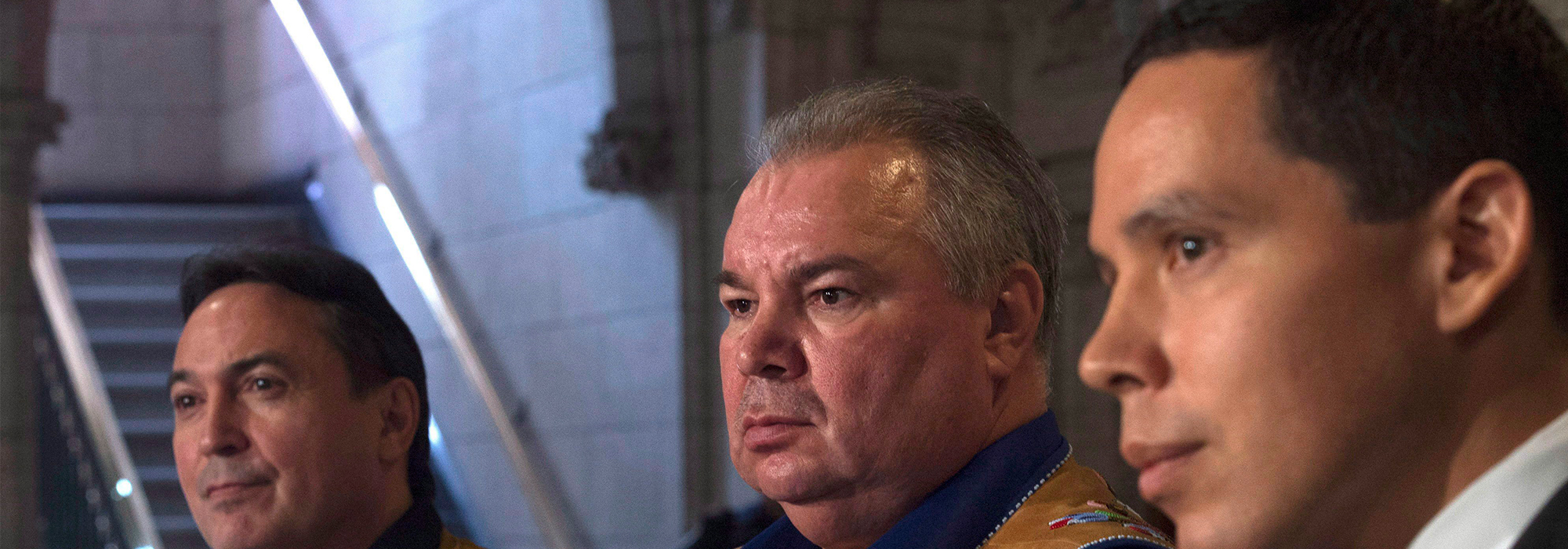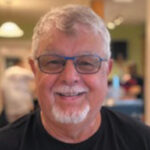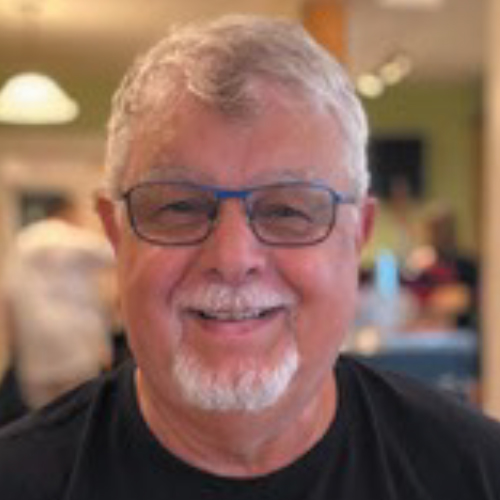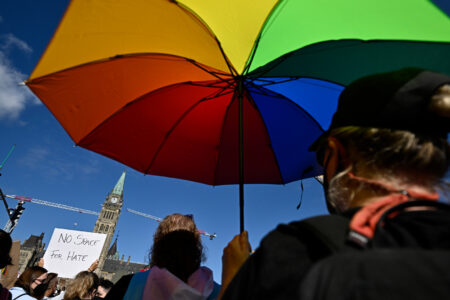
The leaders of three national Indigenous organizations have decided to boycott the premiers’ meeting in Alberta, July 17-19. Their position is nothing short of absurd. They will not attend because they want to be recognized at the table as equal partners, on the same level as the premiers of the provinces.
Let’s take a look at the Inuit Tapiriit Kanatami (ITK), the national Inuit organization. Its leader, Natan Obed, while having established himself as a thoughtful policy analyst and sought-after speaker, can hardly claim to represent the Inuit of Canada in the same manner that a duly elected premier can, from a strictly democratic perspective.
It may be of interest to Canadians to understand the process by which Obed (and his predecessors) came to occupy the position often known in the media as “national Inuit leader” and more formally as “President of the Inuit Tapiriit Kanatami.”
Every three years, ITK holds an election for president. An election every three years is a good thing, but when only 12 people can actually vote for their president, the process throws the whole legitimacy of the office of president into question.
Only the heads of the various Inuit organizations that have resulted from land claim settlements in the North are part of the select group who get to vote for the president of ITK, and that’s about 12 people. These numbers make a mockery of our democratic values and institutions.
In his role as president of ITK, Natan Obed essentially represents no one. I was born and grew up in Rigolet, in northern Labrador, which is part of the Labrador Inuit Land Claim area. Obed doesn’t represent me. I had no say in the process, and I had no vote. Yet Obed claims he should have the same status at the table as premiers who have been elected by their constituents. How can anyone take that kind of claim seriously?
Two things come to mind as I digest this recent protest by those “leaders” of Indigenous organizations. First, there is a way to elevate Inuit representation and place Inuit at many tables where decisions are made. That is by creating Indigenous seats in Parliament.
As I wrote in Policy Options in January, one way for Prime Minister Justin Trudeau to build on the legacy of his father’s work with section 35 of the Constitution (on Aboriginal and treaty rights) is to give voice and action to it by creating Indigenous seats in the House of Commons. This can be accomplished relatively easily, whenever Elections Canada undertakes a redistribution. Precedents exist in other parts of the world for this kind of inclusion.
Second, Indigenous people across the country need to rethink how we elect our leaders. Rather than limiting who can vote, it is time that an organization like ITK came out of the Dark Ages and opened up elections so that all members in Inuit jurisdictions can vote for the national leader. We must institute a system that is democratic at its core: that is, one member, one vote.
Photo: Assembly of First Nations Chief Perry Bellegarde, left to right, Manitoba Metis Federation President David Chartrand and President of the Inuit Tapiriit Kanatami Natan Obed. THE CANADIAN PRESS/Adrian Wyld
Do you have something to say about the article you just read? Be part of the Policy Options discussion, and send in your own submission. Here is a link on how to do it. | Souhaitez-vous réagir à cet article ? Joignez-vous aux débats d’Options politiques et soumettez-nous votre texte en suivant ces directives.








